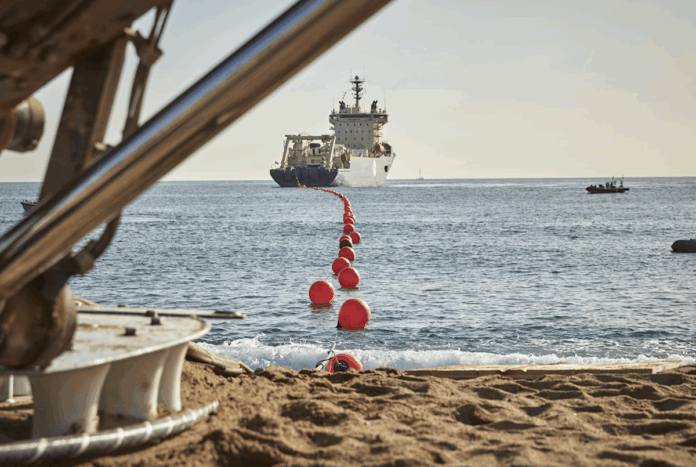Meta and Google face delays in long-promised submarine cable projects. according to a report from Bloomberg. A Meta spokesperson attributed the delays to a number of operational factors, regulatory issues and geopolitical risks.
Meta’s 2Africa submarine cable system is designed to span the African continent and provide the region with access to fiber optic internet. It also aims to connect Europe with Asia and Africa. The 45,000 kilometer project was only announced in 2020.
However, the company had problems laying cables in the southern part of the Red Sea. A complete stretch has not yet been built due to regional conflicts and the difficulty of obtaining certain permits from local authorities.
The Google-backed Blue-Raman intercontinental cable system was also delayed in the region after it was first announced in 2021. This system was initially expected to come online in 2024 and connect countries such as France, Italy, India, Israel, Jordan, Saudi Arabia and Oman. The company did not provide an updated timeline.
These are just two examples, as many other fiber optic internet cables in the Red Sea are not yet operational. Contractors were repeatedly attacked by missiles apparently fired by the Iran-backed Houthis, forcing them to take long detours and halt work.
“Not only are they unable to recoup their investment by transferring data over these cables, but they are also forced to buy capacity on alternative cables to meet their short-term needs,” said Alan Mauldin, director of research at telecommunications firm Telegeography.
It should be noted that these delays are not expected to affect the two underwater fiber projects previously announced by Google and Meta. Google is building a cable that will connect Togo to Europe and encircle the Atlantic coast. Meta is building a giant cable system that will connect five continents without crossing the Red Sea.
Underwater cables are a great way to provide fiber optic internet access to different parts of the world, but they also have some drawbacks. We have already addressed the problems of geopolitical construction, but laid cables can break and break. This situation is usually caused by natural disasters, extreme weather conditions and human activities such as fishing.
